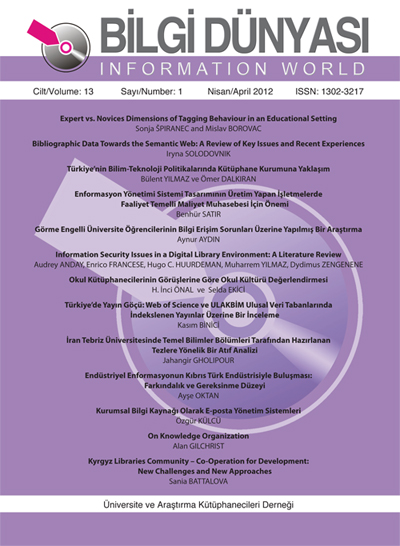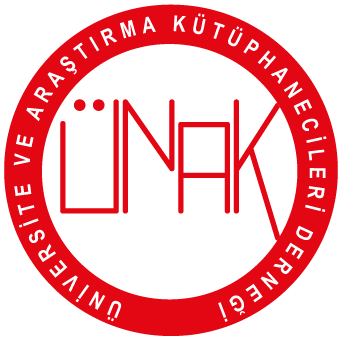On Knowledge Organization
DOI:
https://doi.org/10.15612/BD.2012.177Keywords:
Knowledge organization, Representation, Knowledge models, Information retrieval, Knowledge organization systemsAbstract
It is argued that because knowledge is abstract and every person has a unique perception of his environment and the properties and behaviour of its components, it follows that those people engaged in Knowledge Organization (and less directly Knowledge Representation) must base their work on physical records, which we may call carriers of information, or messages. The products based on analysis of these messages can then be considered as models of knowledge. Models are created in order to reduce complexity and to gain a clearer understanding of aspects of the world around us, but they must be continuously tested and revised in a working environment. The testing of the products of Knowledge Organization is often carried out by information scientists in their provision of information retrieval, whereas while the products of Knowledge Representation also rely on Knowledge Organization, they may be considered, to some extent, to be self-testing. It follows that much can be gained by a closer collaboration between those engaged in Knowledge Organization, Knowledge Representation and various other information professionals engaged in delivering information to end users.
Downloads
Published
How to Cite
Issue
Section

This work is licensed under a Creative Commons Attribution 4.0 International License.






